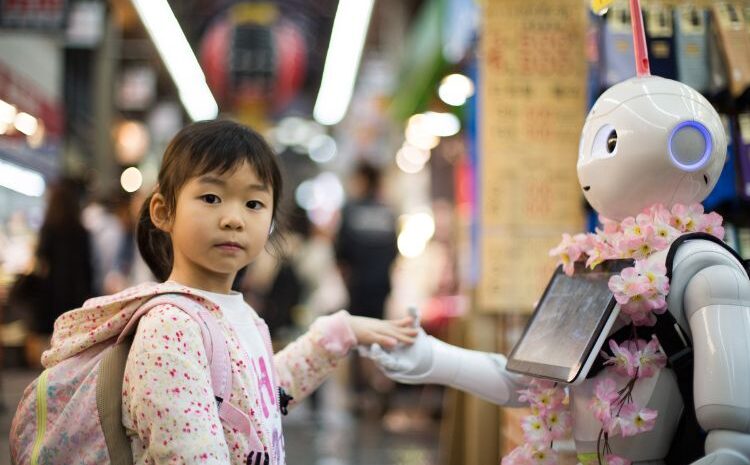Will AI take over mankind?
Artificial intelligence (AI) has been the subject of much debate and speculation in recent years. Some people believe that AI will eventually become so advanced that it will take over mankind, while others are more sceptical.
As I scanned through the morning news on my screen, one headline caught my attention: “AI-powered robot performs surgery on a human for the first time.” I could not believe what I was reading. It seemed like just yesterday that AI was considered a mere concept confined to the pages of science fiction novels, and here we were, witnessing a revolutionary breakthrough that could transform the medical industry forever.
Firstly, it is important to understand what we mean by “AI taking over mankind.” This is often referred to as the concept of a “singularity,” when AI becomes so advanced that it surpasses human intelligence and becomes capable of improving itself at an exponential rate. Some experts predict that this could happen within the next few decades, while others believe it is a long way off or may never happen at all.
So, before knowing “Could AI take over mankind?” we should know, “What is artificial intelligence?”
What is Artificial Intelligence?

Artificial intelligence (AI) is the ability of a computer or a robot controlled by a computer to do tasks that are usually done by humans because they require human intelligence and discernment. Despite this, because of humans’ ability to perform a wide range of tasks, there are no AIs that can compete with them. But some specific tasks performed by humans can be matched by some AIs.
The AI revolution has been underway for quite some time now, and its impact on society has been game-changing. From autonomous vehicles to voice assistants, AI is increasingly becoming a part of our daily lives. The rapid advancements in AI technology have opened up possibilities that were once considered impossible, and we are only scratching the surface of its potential.
Types of Artificial Intelligence:

- Purely Reactive: These AI systems lack both data and memory. It only specializes in one type of work.
- Limited Memory: They have sufficient memory to decide appropriately. Memory is expanded by gathering prior information.
- Theory of Mind: These AI are able to interact with and comprehend thoughts and emotions.
- Self-Aware: This class of artificial intelligence represents the next evolution.
How does AI work?

In order for AI systems to function, numerous intelligent, iterative processing algorithms must be combined. Inferring patterns and features from the analysed data are made possible by this combination. Each time an Artificial Intelligence system performs a round of data processing, it tests and measures its performance and uses the results to develop additional expertise.
One more important thing is to know AI implementation:
- Machine Learning: This gives AI the ability to learn. Utilizing algorithms facilitates this process.
- Deep Learning: It’s a subcategory of machine learning.
Advantages of AI:

- Efficiency: When compared to humans, AI is much faster and more effective at completing complex tasks. It can handle enormous amounts of data processing in a small portion of the time required by a human.
- Accuracy: Precision and accuracy are two qualities that AI machines are built to have. In sectors like manufacturing and logistics, their ability to complete repetitive tasks without making mistakes is crucial.
- Cost-effectiveness: Over time, AI systems will be less expensive than hiring human labour because, once they have been developed and put in place, they can work continuously.
- 24/7 availability: AI systems are able to operate around the clock, making them suitable for tasks that call for constant performance.
- Improved decision-making: AI machines can analyze enormous amounts of data and offer insights that humans might not be able to see. Making better-informed decisions is aided by this.
Disadvantages of AI:

- High initial cost: Small and medium-sized businesses find it challenging to adopt AI systems due to the high cost of developing and implementing them.
- Job loss: Since AI can complete tasks faster and more precisely than humans, it may cause job displacement in some sectors.
- Lack of empathy: AI systems cannot provide the same level of human touch in industries like healthcare because they are unable to comprehend emotions.
- Dependence on technology: People may become overly reliant on technology as a result of their increased use of AI machines, which could be risky if there were to be a technical malfunction.
- Security risks: AI systems are vulnerable to hacking, which could result in data breaches and privacy issues.
Applications of AI:

- Detecting financial fraud: Financial institutions use AI to detect and prevent fraudulent activities.
- Online client assistance: AI-powered chatbots can provide instant customer support, saving time and effort for both customers and companies.
- Cyber Security: AI is used to identify and prevent cyber attacks by detecting anomalies and patterns in network traffic.
- Healthcare: AI is used to develop diagnostic tools that can analyze medical images and detect diseases at an early stage.
- Self-driving vehicles: Organizations like Tesla are using AI technology to create self-driving vehicles that can sense and navigate their surroundings without the assistance of a driver.
Will AI surpass Human Intelligence?

It’s a question that is frequently posed or asked the most in the field of AI. Considering how widely AI is being used. The idea that AI will surpass human intelligence is causing a lot of concern. However, it is unclear exactly when artificial intelligence will surpass that of humans. This could eventually occur, according to some experts. Others, however, have more reservations. AI is much more capable than humans in many areas, including decision-making that requires speed and accuracy. AI, however, is not capable of performing all human-level tasks. It is unable to foster original thought. Therefore, a more accurate question might be one of what degree of symbiosis between AI and human intelligence is possible.
How will AI change the future?
There will be numerous beneficial effects on our society and economy as AI develops daily.

- Transportation
- Education
- Health care
- Home Robots
- Policing
- Space exploration
- War
So what exactly is AI? How will it impact people in the long run? We can already see that the use of AI is growing and becoming more sophisticated. In a significant way, it will make our lives easier.
In conclusion, even though AI has the capacity to be strong and transformative, it is ultimately managed by humans and created to meet our needs. There is no evidence to support the myth that artificial intelligence will eventually overtake humanity. As we continue to develop and use AI, it is important to ensure that it is used in a responsible and ethical manner and that it continues to serve the needs of humanity.
Writer,
Md Ashik Karim Nayon
Intern, Content Writing Department
Requin BD





5 Comments
Suriya
March 11, 2023
Really Great information.
Sara Shahrin Moumi
March 11, 2023
The topic is really interesting
Joy
March 11, 2023
excellence content
Mamun
March 11, 2023
Ai helps people
Joy
March 13, 2023
informative